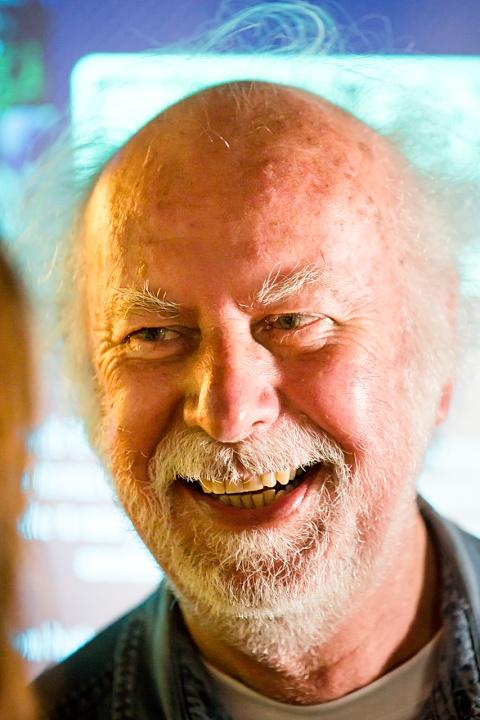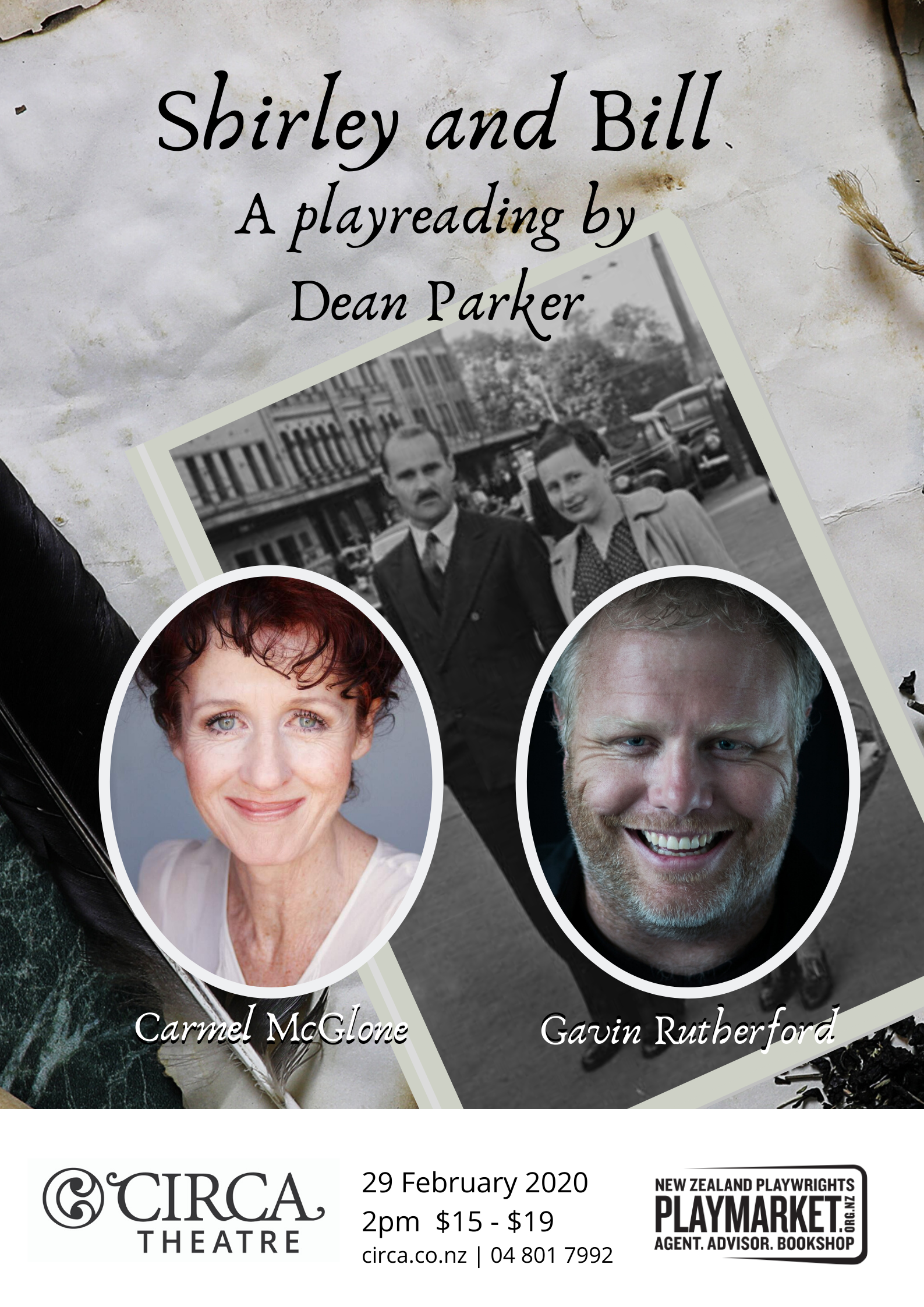
Elric Hooper, interviewed April 2014
Last month I completed a series of oral history interviews for the New Zealand Theatre Archive with a trip to Christchurch to interview Elric Hooper, artistic director of Court Theatre from 1979 to 2000. Originally a protégé of Ngaio Marsh on whose recommendation he got into the London Academy of Music and Dramatic Art (LAMDA) in 1958, Elric’s acting career then took off in what was a most exciting era of transformation in British theatre. Among other things, he was in Joan Littlewood’s iconic musical entertainment of 1963, Oh! What a Lovely War. He recently spoke about this in Appointment with Des Wilson on Radio New Zealand: www.radionz.co.nz/concert/programmes/…/audio/…/oh-what-a-lovely–w…
Nola Millar was sometimes described as New Zealand’s Joan Littlewood. After listening to Elric, I’m not sure the comparison is apt, but they were both courageous, innovative, political and extraordinarily individual. Elric worked for Nola Millar on a visit to New Zealand in 1972/3. He was struck then by how much the general level of theatre consciousness in this country had risen since his previous trip home in 1969. ‘Best of all,’ he observed, ‘there was a school. Nola Millar, that courageous and disconcertingly honest woman, was running a sensible full-time training scheme for aspiring actors in Wellington.’ (Landfall, ‘Making Our Own Mistakes’, December 1975.)
After we finished recording his life, Elric read Nola Millar: A Theatrical Life. I share his response here, compliments and all – shamelessly wanting new readers. More seriously, Elric’s reflections and perspective of my subject are of special value.
Dear Sarah,
Finished your biography Nola Millar – A Theatrical Life last night. My admiration is boundless. I began with a sense of duty but was soon overtaken by the story and the enthusiasm for this history of the formative days of the New Zealand professional theatre. For example all the stuff about the financial history of the New Zealand Players – its origins, its work and its decline was new to me. I saw all their early work and was bowled over by its decor and glamour. Also the inner story of the philandering of Dick Campion was a revelation – and so bold to publish while he was still alive.
What an enigma your central subject was! When the name Nola Millar is mentioned now all I see is a tall slender apparition going out the door. The absence of a sexual life and her constant self-neglect – teeth and fish-and-chips – is made substantial only by her obsession with racing, her distant friendships, her occasional flaring of temper – and of course her great work in the theatre and the drama school. Yet she lives centrally through the book – a kind of ever-present ghost. I thought the death sequence particularly moving. How rare it is to read the details of decline and demise.
Also enlivening was the roll call – Maria Dronke (who I always thought rather odd and grand reciting Keats in a heavy Viennese accent) Ngaio Marsh, of course (seen from a distance and not always the Easter Island statue of authority and grandeur) Michael Langham (whom I worked for at the Old Vic intellectual and beset) George Webby (whose gnat-like humour was as much
decorative as useful) Mike Nicolaidi (whose down-to-earth attitudes got things done) Michael Haigh, Ray Henwood, Don Selwyn (all good actors) Anne Flannery (whose mental decay trumped her theatrical endeavours) and so many more.
You build a picture of a city aspiring and with that certainty of superiority that is necessary to get things done. I am still surprised by the literary quality of the plays from Shakespeare to Brecht. But as you say it was easier for amateurs without pay to stage some of the great monstrous works like Mother Courage and Three Sisters. (I sometimes wondered if the theatre group actually had the rights to some of the pieces done. Brecht and his heirs were very careful of his copyright and some of the West-end hits seemed too recent to be free – but those were the days when New Zealand was at the ends of earth not the internet.)
I could go on but suffice it to say, I think you have done a wonderful job,
Yours, Elric






